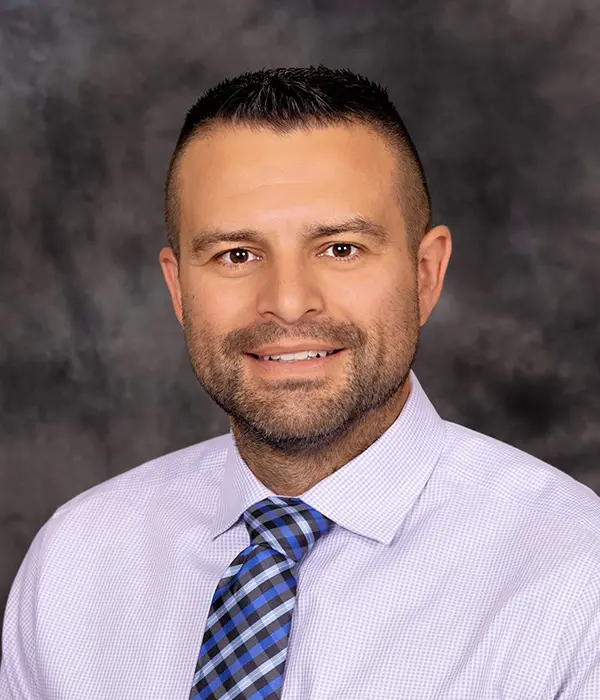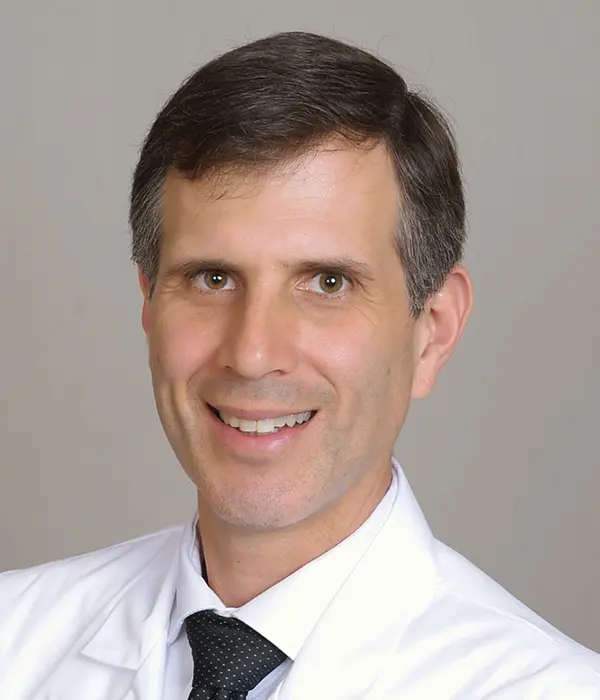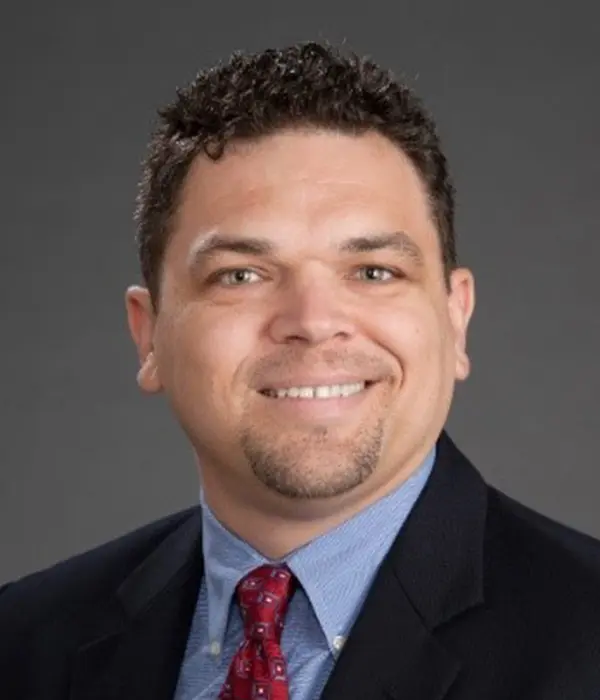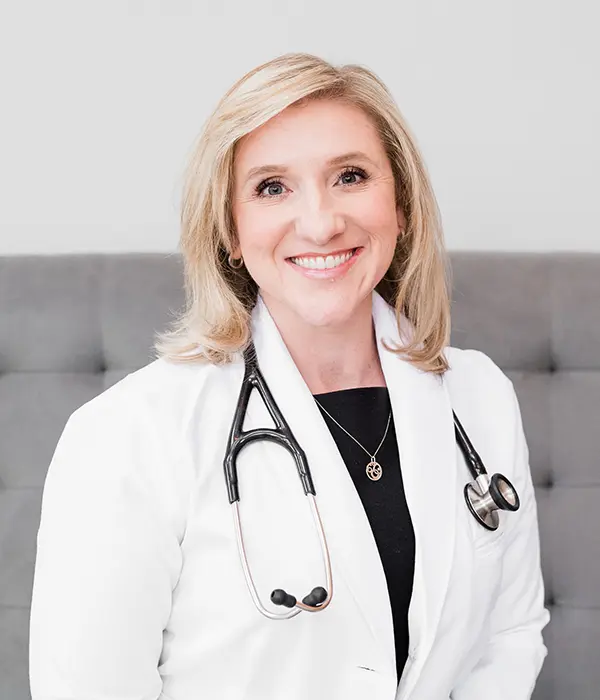
June 24-27, 2024
Myrtle Beach, SC CME Conference
Registration Options
Pricing Information
Register Now!
In-Person
Virtual
Credit Information
Earn up to 39 CME credits and 9 APRN Pharmacology credits at this CME Conference. This activity is approved for ACCME, AMA, ANCC, APRN and AAPA credit. Please see CME Credit Information for details.
Pricing Information
Don’t Miss Our Early Deal Specials!
The earlier you register, the more you save!
Super Saver
On/Before Jan. 24
$987
$827
Early Bird
On/Before Feb. 24
$1,087
N/A
Advance
On/Before May 24
$1,137
$877
Standard
After May 24
$1,157
$927
Bonus!
In-person conferences include FREE virtual access!
Includes a FREE On-demand course by topic! Up to 13 CME hours - a $297 value!
Receive a $100 rebate check when you book 3 nights at our host hotel using our group code!
Along the majestic 60-mile stretch of sun-kissed Atlantic coastline, you’ll discover the charm of The Beach’s history and culture. The warm sand and salty sea breezes of our sub-tropical community are just the beginning! Enjoy championship golf courses, magnificent live entertainment theaters, dining venues, recreational and water sports, and thrilling amusement parks. Take a stroll down the boardwalk and enjoy shopping or take a ride on the SkyWheel. Get up close and personal with the creatures of the sea at Myrtle Beach’s aquarium or see what a hurricane feels like at WonderWorks, an interactive science museum. Additional attractions include the Duplin Winery, Barefoot Landing, Alligator Adventure, and the Tanger Outlets. Visitors have unlimited opportunities for entertainment!
We have negotiated significantly reduced room rates for Skin, Bones, Hearts & Private Parts guests. If you need hotel reservations and have not yet made your arrangements, you are encouraged to do so immediately as rooms may sell out prior to the cutoff dates listed below.
HOTELRATES AND OFFERS
Reduced room rates start at $331 resort fee and tax.
Rates are only guaranteed until May 30, 2024.
To make reservations, please call 1-800-876-0010, option 2 and reference group code: SBH
Receive a $100 rebate check by booking your guest room at our host hotel!
BONUS: In-person registration includes FREE virtual access during the conference; watch sessions from your hotel room, poolside, or wherever there’s a WiFi connection. Just bring your personal device!
Conference Location
Myrtle Beach Oceanfront Resort
9800 Queensway Blvd
Myrtle Beach, SC 29572
Daily Schedule
Whether you practice full-time and strive to sharpen your skills, or you work occasionally and need to improve your knowledge base, there’s something for everyone here!
Fun Things To Do
See our recommendations for fun things to do and see while in Myrtle Beach, SC. Enjoy the many attractions while earning your CME credits with Skin Bones CME.
Book your reservation under our group code and receive these resort amenities. Click here to learn more.
| RESORT AMENITIES | OTHER RENTAL COMPANIES | SANDESTIN RENTALS |
|---|---|---|
| Owner Fees | $200+ | NA |
| Service Fees | $150 | NA |
| Cleaning Fees | $150 | NA |
| Cancellation Fees | $500 | NA |
| Resort Tram * | Not Available | FREE – Tram service starts at 6:30 am, see below |
| Health Club/Fitness Center | $40/Day | FREE |
| Bicycle Rentals (4hrs for 2) | $120 | FREE |
| Kayak & Boogie Board Rental | Kayak $35/hr Boogie Board $10/hr | FREE |
| 2 Pools w/ Towel Service | NA | FREE |
| Tennis Court Time | $17/person/hour | FREE |
Q: What are the differences in reserving Sandestin accommodations via the link above vs. renting through other companies like VRBO, Airbnb, etc?
A: Booking directly via the link above guarantees guests a much more enjoyable and budget-friendly stay. Please see details above.
Q: Can I enjoy the resort tram if I don’t book directly through Sandestin?
A: Parking is free for all attendees. The tram will begin complimentary tram service at 6:30 am to transport attendees to the meeting Tuesday – Friday. You can arrive stress-free and enjoy a nice relaxing breakfast and not worry about finding a place to park. Plus, you’ll never get caught in the rain, and your family can use your car to head to the beach, outlets, and other fun activities. (Please see details above)
- Experience all the resort amenities complimentary wireless internet in all guest rooms, full use of fitness center, in-door pool, recreation room, splash water park children’s activities and outdoor recreation area.
- 1 hour of Tennis or Pickle ball court time per day
- Shuttle service throughout the resort and up to 2 mile radius outside the resort
- Restaurants on-site for your enjoyment.
- Networking at all hours.
- All your friends stay at the conference hotel.
- Staying on-site allows you to run back to the room to drop off/pick up anything you need.
- Don’t get stuck in inclement weather and traffic, and be assured a parking space.
Top Reasons To Stay With Us
Top Reasons To Stay With Us

- Breakfast/Lunch: Breakfast will be provided only to guests staying at our host hotel. Refreshments will be served throughout the day as well. Lunch is on your own (sponsored lunches will be announced if applicable).
- Beverage Service: Provided each day of conference.
Meal Plans
Meal Plans

Parking
Free self-parking per day. (Normally $9.99)
Valet parking is $15 per day.
Parking

- Embassy Suites by Hilton Myrtle Beach Oceanfront Resort
- 7 outdoor swimming pools
- Airport Shuttle
- Black Drum Brewing
- Coastal Grill & Bar
- Complimentary cooked-to-order breakfast
- Complimentary Evening Reception
- Complimentary water park
- Complimentary Wi-Fi
- Fitness Center features an indoor pool, Peloton bikes & more
- Full-Service Resort Spa
- Poolside bar
Hotel Amenities
Hotel Amenities

Important Information Regarding Hotel Reservations
We kindly ask that you make your hotel reservation at our host property. We are committed to these contractual obligations in order to bring the guest room rates down from regular pricing. If you stay at a different hotel, we may fall short of our housing obligations and will be responsible for paying lost income to our hotels. This could mean higher registration fees and fewer benefits for participants. Thank you for your understanding and for making our educational programs the best they can be.
On occasion, travel websites may lure you with minor “discounts”, but please realize there are restrictions and penalties associated with these “deals.” By booking directly with our host hotel using our group code, you’ll not only receive a $100 rebate but also you’re guaranteed exclusive benefits such as renovated rooms, discounted resort fees, ability to change or cancel penalty-free and more.
Daily Session Info and Presentations
Whether you practice full-time and strive to sharpen your skills, or you work occasionally and need to improve your knowledge base, there’s something for everyone here! Perhaps you just want to stay current and pass your recertification exams. Plus, this exciting program allows participants to come early and/or stay over the weekend for a vacation. Discounted hotel rates apply! Schedule is preliminary.
Topics, times and presenters subject to change.
Product Theater (Non-CME) denoted by *
*Number of hours depends on your course selection. Rx denotes Pharmacology hours. Daily CME credits listed are the maximum number of credits available for that specific day.
Sunday, June 23 – Early Registration 2:00 – 5:00 pm
Dermatology

Registration & Breakfast
Break
Lunch on Your Own
Break
Orthopedics


Registration & Breakfast
Break
Lunch on Your Own
Break
Pain Management / Pharmacology Update

Jeremy Adler
DMSc, PA
Registration & Breakfast
Break
Lunch on Your Own
Break
Cardiology & Emergency Medicine


Registration & Breakfast
Break
Lunch on Your Own
Break
Diabetes

Christine Kessler
MN, CNS, ACNP, ANP-BC, BC-ADM, FAANP
Registration & Breakfast
Break
Lunch on Your Own
Break
Women’s Health

Registration & Breakfast
Break
Lunch on Your Own
Break
Year after year, Broadway at the Beach stands alone as by far the most popular tourist destination in the entire Myrtle Beach area. With its great location, convenient parking and wide range of outstanding activities for visitors of all ages, it’s the perfect place to make magical memories of your own. Spectacular attractions are sure to create wide-eyed wonder in kids of all ages at Broadway at the Beach, home to some of the most popular attractions in Myrtle Beach. Let the adventure begin as you zip line across the lake, get lost in a maze made of mirrors, challenge the family to a game of mini-golf and more. Broadway at the Beach is also one of the most colorful, relaxed and enjoyable shopping experiences of your life. Stroll around and discover shopping treasures all over our entire 350 acre property. Enjoy one-of-a-kind shops and boutiques along with a host of nationally recognized shopping names. The choice is yours.
Myrtle Beach Boardwalk and PromenadeThe Myrtle Beach area’s new 1.2 mile-long Oceanfront Boardwalk and Promenade traverses through the sand from the 14th Avenue to 2nd Avenue Piers in Myrtle Beach. Throughout the summer, the popular Myrtle Beach Boardwalk is home to festivals and events, including Ocean Boulevard’s Hot Summer Nights located at Plyler Park in the heart of the downtown area. Always a family favorite, the boardwalk provides oceanfront views of the pristine beach line, numerous shops and restaurants along its path.
Ripley's AquariumA staple of Broadway at the Beach, attractions include the Dangerous Reef, a 750,000 gallon all around shark tank, Sea-for-Yourself Discovery Center, an interactive, multimedia playground, and an interactive Stingray experience. Dive Shows and Marine education sessions are presented hourly.
Myrtle Beach Golf and Putt PuttIt’s a golfer’s paradise with 87 golf courses in the area. If you are looking for something more family friendly, Myrtle Beach miniature golf is an ideal outing as Myrtle beach includes a bevy of fun putt putt courses. There are more than 30 putt putt courses across the Grand Strand, with so many exotic, exciting, and inventive places to play.
Myrtle Beach SkyWheelSituated as a centerpiece of the 1.2 mile-long Oceanfront Boardwalk and Promenade, the SkyWheel is surrounded by some tasty eats, great shopping and the pristine sands of the Atlantic. When you’re done having your breath taken away by the view from your flight, browse the LandShark SurfShack and then grab a bite at the LandShark Bar & Grill.
Myrtle Beach State ParkThe park has close to a mile of Grand Strand beach. You can stay for an afternoon or a week and find time to explore the park’s natural habitats, enjoy the sea breeze blowing through your camp while you sleep, or just relax. In addition to the beach and campground, Myrtle Beach State Park also contains miles of hiking trails, a fishing pier, picnic facilities and more.
New South BrewingNew South Brewing is a small microbrewery located in the heart of Myrtle Beach, S.C. Since its beginning in 1998, the mission of New South Brewing has been a simple one: Supply those living in or visiting South Carolina with fresh and flavorful ales and lagers. 20 years later New South Brewing is proud and honored to still be doing what we set out to do. The best part is making beer is what we love to do!
Family Kingdom Amusement ParkWith over 35 thrilling rides in the heart of Myrtle Beach, Family Kingdom has been serving up family fun since 1968! From the legendary Swamp Fox wooden roller coaster to a wide variety of rides for kids, we deliver the biggest thrills at the beach. Explore the fun, lights, sounds and smiles of non-stop entertainment and start making some memories of a lifetime!


